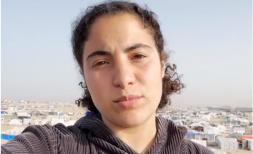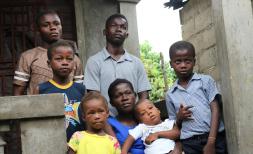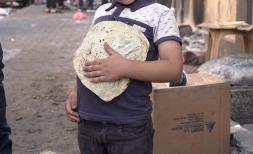Let’s set the mind free – Accessible and Affordable Mental Health Support for All
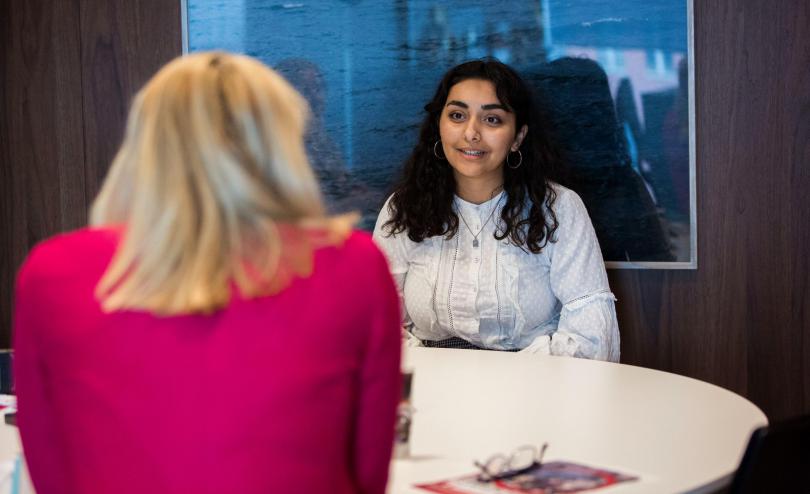
As I have been trying to prepare for the upcoming Global Mental Health Summit in Rome this week, a lot of questions arose. I have started to get nervous and a little anxious about this huge responsibility. But that’s exactly why I will be going.
My early teenage years were spent in various small humid offices, on a leather chair, sitting across from a woman, usually talking about my life, about the difficulties I have faced. But I learnt how to cope with these. I learnt how to paint and draw to help me stop overthinking and calm my anxiety.
However, nowadays, in my early 20’s, about five years since my last therapist appointment, I still get anxious, and I still use my coping methods of painting, listening to music and lighting a candle. I still need to count to ten. I still need to pinch my fingers, one by one, to calm down when I’m extremely nervous.
Yet, I am the happiest I have ever been in the past ten years of my life. I have never been as much at peace with myself and with my life like I currently am because I have learned how to cope with my mental health disorders and live my life freely, without thinking of them. I am no longer held back by my mental health conditions, because I sought help.
Rasha ahead of the Global Mental Health Summit that will take place in Rome between the 13-14th October 2022
Anxiety, panic, stress, depression and other mental health conditions are common. Everyone feels a little anxious at some point in their life, maybe as they present a speech in front of their class, or as they are taking an exam, or maybe upon meeting new people. That’s normal, and healthy even. It means that your human instincts are capable of detecting its surroundings, understanding their importance and detecting risks and danger. But when anxiousness turns into paralysing anxiety that holds you back from living your life, it is when anxiety stops being healthy, and turns into a life-threatening occurrence. An occurrence that needs to be treated and not just accommodated to. In fact, 13% of adolescents (10-19 years old) are dealing with a mental health condition.
In our day and age in western Europe, our youth is connected to each other and the world surrounding it through the internet. And while we see influxes of people speaking about mental health, it still seems like there is not enough information or discussion about how to address mental health concerns. There isn’t enough awareness. This is due to algorithms, peer pressure, and lack of governmental and intergovernmental campaigns. Because a content creator or activist page, will most likely only reach those who are already interested in the topics they discuss, awareness is not being spread.
But when schools, workplaces, governments make it their mission to raise awareness about mental health as well as make it accessible and affordable for the public to seek help, more people will seek help and be aware. The largest obstacle between our youth and good mental health, is awareness and acceptance, not tolerance. Mental health is not a foreign subject that has to be tolerated, but it’s a huge part of our lives that has to be accepted.
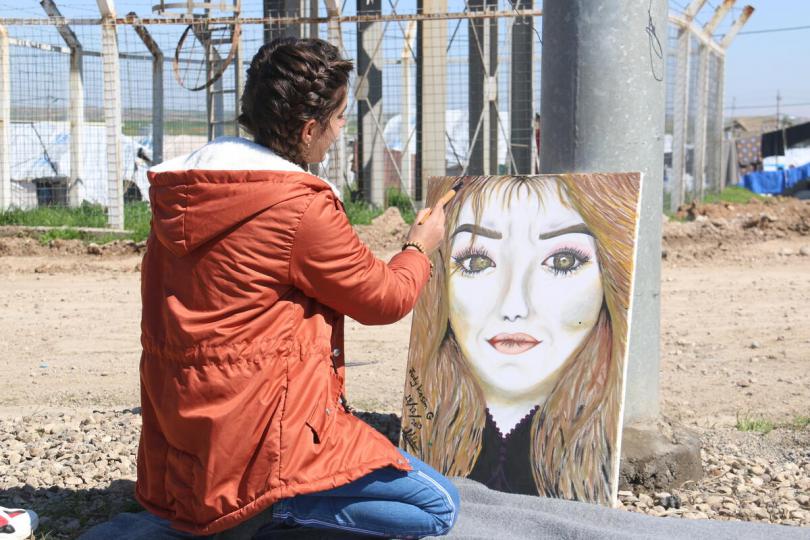
Rojda, a 15 year-old girl from Derbese, Syria enjoys drawing in a refugee camp in the Kurdish region of Iraq. She is part of Save the Children's Psychosocial Support Programmes.
The second largest obstacle is taking the first step and seeking help from professionals. Luckily, our generation is surrounded by people who are aware of these issues, like you, the person reading this blog. And you, along with these people who are also aware of these issues as well as our loved ones, have been our biggest supporters. Thanks to people from the older generations who decided to step up and raise awareness, we, the younger generations, have been given the chance to break the curse of (generational) trauma and depression, as well as, other mental health conditions.
Though I do wish that this support wasn’t only from our loved ones and supporters. I wish it was from governments and world leaders. I wish world leaders made mental health and psychosocial support accessible and affordable for all, whether you are (well-)insured or not, old or young.
But I also wish that world leaders would make it their mission to provide quality mental health and psychosocial support for everyone. This would prevent injustices from occurring in the mental health and psychosocial support system, assuring future generations are also taken care of.
At the end of the day, people will always find ways to cope with their mental health concerns. But it’s up to us, as a world society, to decide whether we want these coping mechanisms to be healthy and help people move forward in their lives or to remain stuck in the same loop of one step forward and three steps back.
We have to normalise getting help and campaign for it. It’s okay to not be okay. It’s okay to seek help. It’s okay to heal. It’s okay to have setbacks, but do seek help. There is always someone out there who can help you. And that’s why I’m eager to address some of the world leaders during the Global Mental Health Summit in Rome on 13th and 14th October. Even though, I too, am nervous and anxious.

